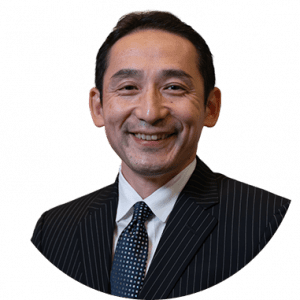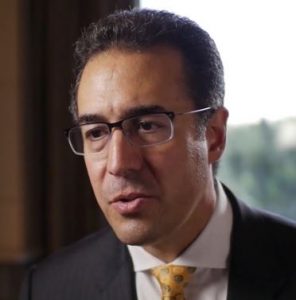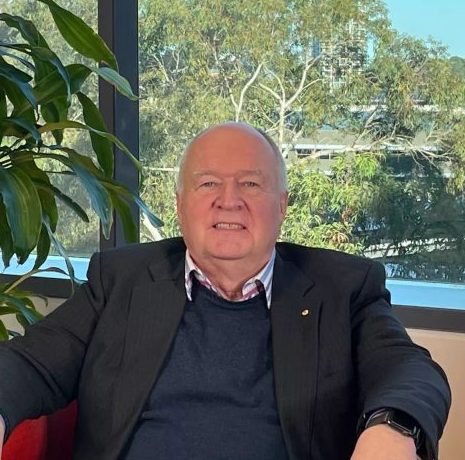How to Implement the 0-h/1-h Algorithm to your Institute?
28 March 2023
KEY TAKEAWAYS
- Rapid algorithms with the hs-cTns have a high sensitivity and are able to triage suspected ACS patients into either rule-in, rule-out or observe zones quickly in the ED settings in Japan.
- Serial measurements of hs-cTns are conducted for patients that present very early after chest pain onset.
- With an increase in sensitivity, specificity, precision and accuracy of the hs-cTn assays, hospitals can reduce unnecessary admissions, understand the risk and obtain better as well as faster management of chest pain patients in Japan.
Dr Kenji Inoue highlights some important points necessary for the implementation of the 0/1hr algorithm utilizing hs-cTn in the ED setting of his institute in Tokyo, Japan.
Disclaimer: The platforms may include third-party content (including data and information) and that Roche will not be responsible for third-party materials, including their accuracy, completeness and validity.


















